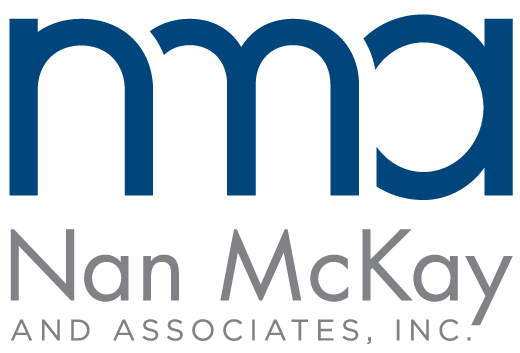Maximizing lease-up to maximize fees in the HCV program: Part IV
In these times of reduced budgets, it's more important than ever to understand our funding, learn how to maximize our earnings, and share ideas on how we can do more with less. Follow our four-part series on HCV administrative fees.
Part II: Why it's so important to manage our leasing to voucher allocations
Part III: What agencies can do to better lease to voucher allocations
Part IV: Streamlining operations to reduce the strain on admin fees
Streamlining operations to reduce the strain on admin fees
It's always smart to work efficiently. And in today's environment, it's a must for housing authorities. Here are just a few changes to your operations you may want to consider to reduce the administrative burden on your agency.
Action #1: Change policy so that a physical reinspection isn't required after each HQS fail
- HUD only requires verification that the fail item was corrected.
- The PHA can decide which fail items will require a physical reinspection, and which items will not.
- The agency may wish to implement policy that non-life-threatening fails can be verified as corrected with a certification of correction signed by both the owner and the family.
Action #2: For PBV HQS, inspect only 20% of the units annually instead of 100%
Action #3: For annual reexaminations, require face-to-face interviews only every other year
- There's no regulatory requirement for face-to-face interviews.
- Conduct mail-in reexaminations every other year, with agency-defined exceptions such as zero-income families and families that don't provide information/documentation in a timely manner.
Action #4: Take the time to implement new requirements and eliminate unnecessary requirements
- Implement HUD's verification hierarchy as outlined in PIH 2010 to save time and money.
- Clean up your forms. Ask what needs to be asked, consolidate multiple forms, remove redundancies, and eliminate unnecessary forms.
- Revisit policy and get rid of unnecessary requirements. For example, if policy states that staff must collect six paystubs but staff only collects two because the deadline is approaching, your agency can be dinged in a HUD audit for not following policy. You don't want to delay completion of an annual reexamination while staff waits for that sixth paystub to arrive.
- Review workflow to determine if there are redundant and/or unnecessary actions. Be cautious about implementing new procedures in response to a single unusual circumstance. Each hand touching a piece of paper adds time to work processing!
Action #5: Stop unnecessary actions
Is your agency performing any of these unnecessary actions?
- Verifying preferences before the family is selected from the waiting list. The family's situation may change over time; wait until they're selected from the waiting list to verify claimed preferences.
- Mailing notices to owners at the family's annual reexamination advising the owner that it's time to request a rent increase. It's not the agency's responsibility to solicit rent increases from owners! Rent increases drive up PUCs while creating an additional work burden.
- Requiring owners and/or families to sign rent change notices.
- Bringing in all zero-income families every month. There's no HUD requirement to bring zero-income families in at times other than annually. Instead, review New Hires Reports and other EIV reports.
This concludes our four-part series on HCV administrative fees.NMA senior consultant Teri Robertson is nationally recognized as a leading expert in HCV and public housing rent calculation, including HUD RIM review requirements. She specializes in helping agencies improve program utilization to maximize funding.

